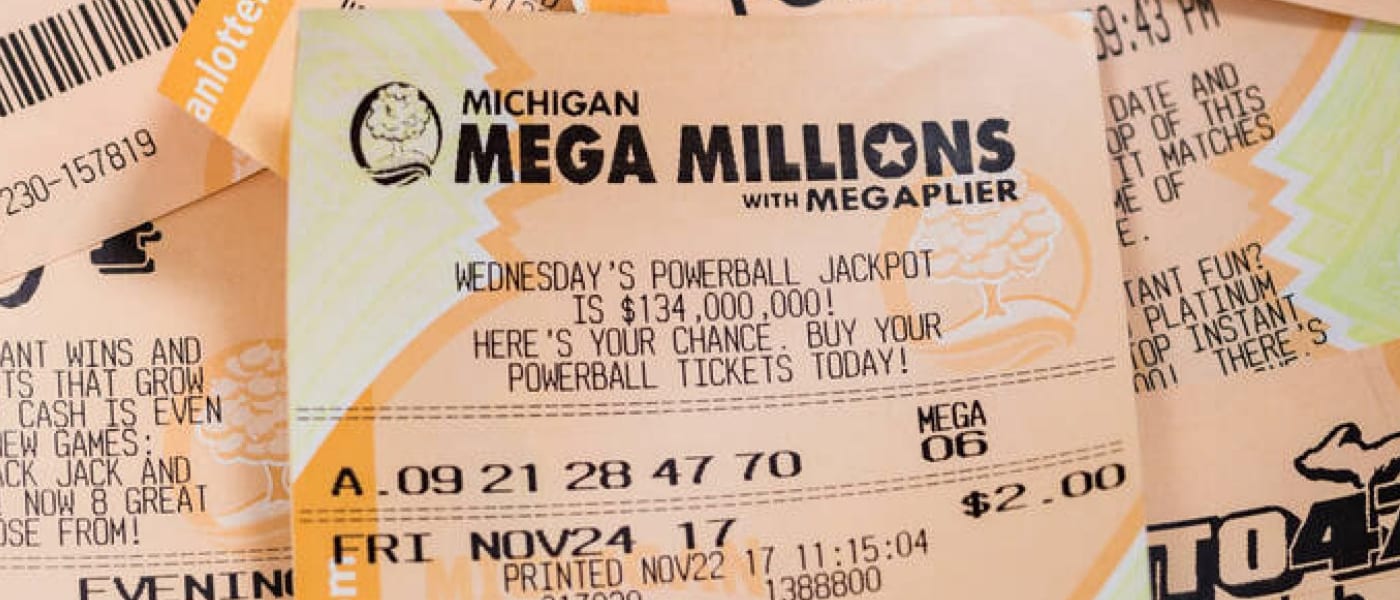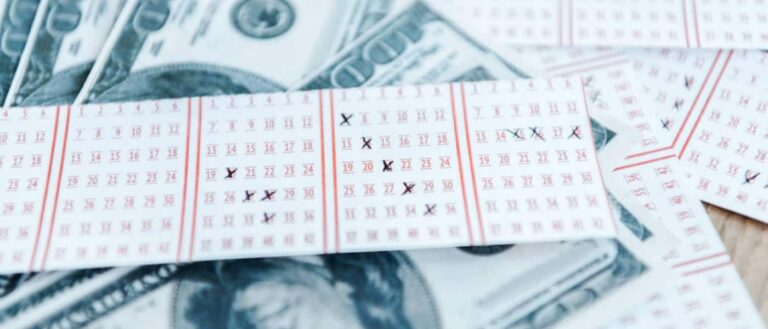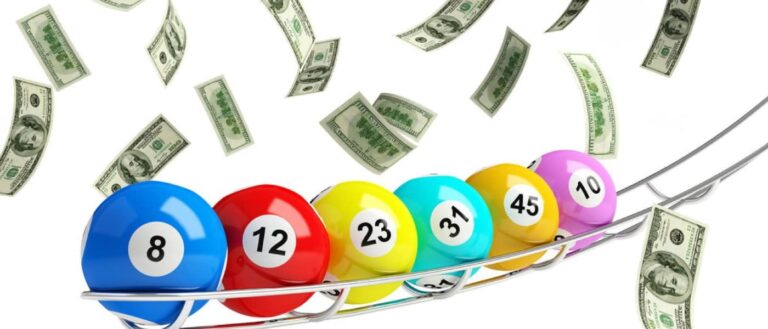Are International Lottery Sales In The USA A Problem That Regulators Need To Solve?
US gambling operators are highly regulated, and anyone in the legal, regulated online gambling industry knows how invasive state regulators can be when determining suitability and licensure.
But the industry also has a lot of grey zones, with significant sectors falling through the legal and regulatory cracks. Products like online lottery courier services have discovered ambiguities in the law that seemingly permit them to operate in states where these activities would otherwise be illegal.
US lottery laws tend to address courier services, but these laws were written before internet sales were on anyone’s radar. So, while technically legal, these are new products that the authors of the laws and regulations often have yet to consider.
Case in point, in 2015, an Iraqi man won a $6.4 million lottery jackpot playing Megabucks in Oregon. The story was newsworthy because the man purchased the ticket in Iraq using an online lottery courier service. After the Oregon Lottery consulted with legal analysts, the man showed up in Oregon to claim his prize, which the Oregon Lottery paid.
Not All Online Lottery Companies Act the Same
In a nutshell, plenty of products in the US gambling sector tend to slip between the regulatory cracks. And while it may seem like a big-brain idea to exploit these loopholes, it’s critical to understand not everyone does. Further, these loopholes can be instantly closed, highlighting the importance of operating with full approval rather than poking the bear.
Bottom line, there are a lot of companies operating in these spaces and they don’t all take the same approach. Some operators go out of their way to gain the approval of the appropriate regulatory bodies. In contrast, others believe that if it’s not illegal, it’s legal to offer their products and services, with or without regulatory approval.
For example, the courier service that sold the winning ticket mentioned above, TheLotter.com, still exists and still advertises that “You can play the biggest international lotteries from anywhere, anytime.”
But that may no longer be true.
Are International Lottery Sales Legal In US States?
The Oregon case seemed to set a precedent. But that precedent was short-lived as the exposure led to Powerball and Mega MILLIONS rules changes in January and June 2018, respectively.
Mega MILLIONS rules read as follows:
Except as otherwise provided in any Conflict of Laws provision in the Amended and Restated Multi-State Lottery Agreement for Offering MEGA MILLIONS Game, the MEGA MILLIONS Rules, the Cross-Sell Agreement, or elsewhere, no Director shall knowingly approve or permit any MEGA MILLIONS Agent, Sales Agent, or Retailer in the Director’s lottery jurisdiction to, in an ongoing manner, sell, re-sell, or transfer any Official MEGA MILLIONS Ticket outside that jurisdiction. In
addition, no Director shall knowingly approve or permit any MEGA MILLIONS Agent, Sales Agent, or Retailer in the Director’s lottery jurisdiction to knowingly, in an ongoing manner, sell, re-sell, or transfer any Official MEGA MILLIONS Ticket to an individual. Business, agency, or entity that expresses an intent to sell, re-sell, or transfer the Ticket outside that jurisdiction.
And the current Powerball rules read:
An offer to buy and an offer to sell a Play shall be made only at a location or only by a method that is licensed, certified, authorized, or contracted by the Selling Lottery.
If a Selling Lottery receives notification from a lottery in another jurisdiction that Powerball Plays, shares, or rights in Plays issued by the Selling Lottery are being advertised, promoted or sold in that other jurisdiction, and also receives notification that such activities are not legal in that jurisdiction, the Selling Lottery has thirty (30) days to investigate and respond to the reporting jurisdiction’s lottery from the date of notification; at the request of the Selling Lottery, the time to investigate and respond may be extended as necessary in the discretion of the Powerball Group Chair.
If the Selling Lottery’s investigation concludes that such activities are occurring, the Selling Lottery’s response must include a remedial plan to prevent such activities. The affected Selling Lottery must also provide notification to the Executive Director of the notice received, the results of the investigation, and any remedial plan. The Executive Director must transmit this information to the membership in a timely manner.
Lottery Courier Services Take Different Approaches
State-run online lotteries are legal in a dozen states plus the District of Columbia, and the rules governing these sales are very explicit.
Courier services are a different animal, and it’s important not to jam every company into the same box, as companies that offer products that are ostensibly the same are taking vastly different approaches.
One such company is the online lottery courier service Jackpocket. Jackpocket takes the approach to not cut corners, regardless of if a state formally regulates the activity or not. The Jackpocket approach is that it’s in everyone’s best interest to consistently apply what can objectively be thought of as “best practices” regardless of the jurisdiction’s laws. For the US, that means forgoing international or even interstate online sales.
Another operator in the space, the publicly traded company Lottery.com explicitly references its international sales:
“The platform is currently live in the Company’s home state of Texas and nine other US states with expansion plans into more than 20 US states and several new countries in 2021. Additionally, the Company is the only lottery platform authorized to sell Powerball tickets in 148 countries, with rapid international expansion plans for next year. Lottery.com’s ultimate vision is becoming a global lottery marketplace.”
Why This Matters and Possible Solutions
How operators approach the US is critical to the long-term expectations of the industry. Yes, the possibility exists that the status quo, hands-off approach, could remain in place, but I wouldn’t want to bet on that being the case.
But let’s suppose it does? That feels like a classic “iceberg” situation where the upside is everything you currently see above the water, and the downside is what you don’t see. Just one example is the potential for ticket orders not being fulfilled, and cheated customers having no regulatory recourse.
There are two potential alternative paths, both requiring strict regulatory controls:
- A crackdown on international sales
- Authorizing international sales by approved companies
Considering the universal desire to increase online lottery sales, international sales make sense. Powerball and other lottery games are already offered interstate, and there is nothing preventing someone from driving across state lines to purchase a ticket in a participating state. International sales are the next logical step in this process and would merely expand the player pool, but the big question is how do these international customers acquire these tickets?
Looking at the issue through the current reality, current operators in the space need to decide if they’re going to participate in the growing regulated domestic courier market, or continue to pursue serving international customers by operating on the periphery of a legal gray area?






